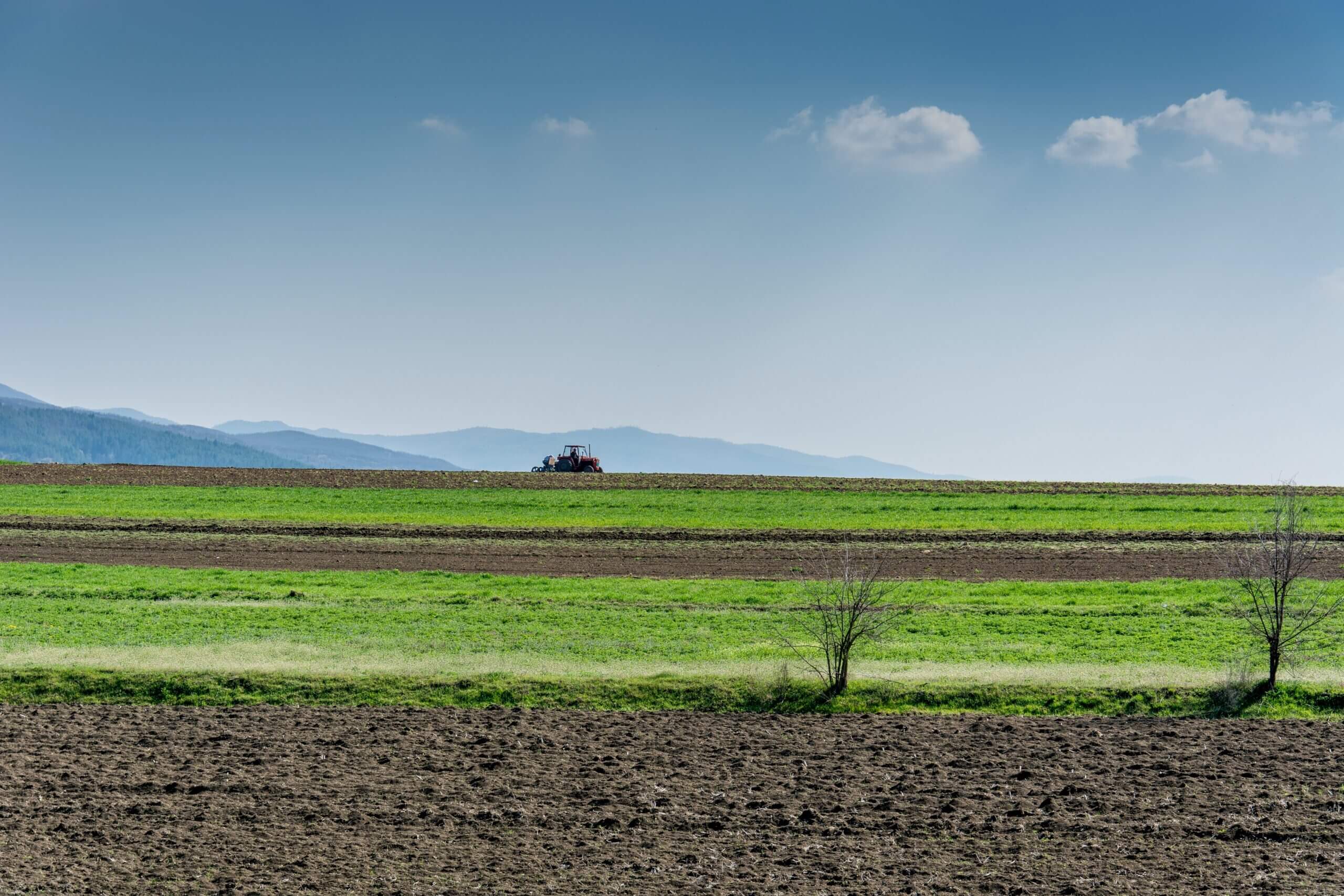The Economics of Agro-Food Value Chains
| Language: | English |
| Location: | Online |
| Duration: | Flexible, approx. 6 weeks |
| Start: | Anytime |
| Cost: | 45 EUR |
Our course will give you an insight into the following topics:.
Quick Info
Benefits
01
1
In-depth Knowledge
02
2
International Experts
03
3
Career Opportunities
Agro-food Value Chains
Program Overview
Here you will find information on the aims of this course and its content.Here you will find information on dates, requirements and other general conditions for the certificate program.Get to know our experienced lecturers who will teach you the certificate content and with whom you will work.Find out how the program is structured and what content you can expect.







